Do Justice, Love Kindness, and Talk Humbly
Do conservative student voices get lost in the noise?
Communication and love trump hate.
“You can’t have this opinion. You can’t say that you can’t view the world in this way,” said Claire Nelson (‘20). This quote from a Bishop’s senior demonstrates the hostility of political conversations for some students. On the Bishop’s campus, students and faculty are taught to promote an “inclusive and compassionate community” and “honor and embrace diverse identities,” according to the 2019-20 Student Handbook. However, this seems to fly out the window when the conversation both in and out of the classroom turns to politics. Stigma around the topic stems from the fear of being judged and criticized; no one wants to create conflict. Because of this, many students avoid talking to their friends about their political views. Parents and teachers tell students to stick up for what they believe in. This often makes conversations about politics uncomfortable because everyone tries to defend themselves right away.
On campus, liberal and conservative students share different experiences when talking with members of the Bishop’s community. I interviewed six students total, three right leaning and three left leaning, and asked every student the same series of questions to gain a variety of opinions. All three of the left-leaning students interviewed felt completely comfortable sharing their ideology with others, while the right-leaning students interviewed preferred to either stay silent or choose the right time to express their ideas in a safe environment like with students with similar viewpoints or at home. Some students even felt uncomfortable being interviewed: three conservatives students denied my interview request. Some go beyond not sharing their opinions, and pretend to think differently. Ashley Zolfaghari (‘20) was one of those students. “I made the decision last year to share my beliefs,” she said. “I previously pretended to be moderate.” Ashley explained that she believed it was easier to hide her opinions rather than face snarky side comments or ill-timed jokes from her peers which made her feel uncomfortable.
Throughout America, there are many places where both conservatives and liberals feel unsafe sharing their opinions, such as high schools and colleges. In a recent study conducted by the New York Times, on average, 71 percent of college students said that they felt the need to hide their political views. At Bishop’s, no student, teacher, or parent wants this harsh reality. Every member of the Bishop’s community must try harder to foster a supportive environment and open themselves to new and different ideas because a major goal of the Bishop’s student handbook is to “foster a physically and emotionally safe environment in which different experiences, thoughts and opinions are respectfully expressed and respectfully heard.”
Bishop’s should not shut down conversation around politics, but should make students feel safe voicing their opinions. If as a community, Bishop’s has more open conversations, the community will benefit as a whole. There is value in intellectual diversity because learning from others helps everyone grow, no matter what side of the political divide you stand on.
Bishop’s should always be a safe place to ask questions, especially in class. Although the students interviewed overall feel that teachers value their beliefs and allow them to voice them in discussion, Claire feels otherwise. She expressed that she strategically chooses which classes to express her authentic beliefs in because she feels that a small handful of teachers penalize some students because of their political beliefs. She said, “In class I am scared [to share my political leanings] because I don’t want my teachers to say that I’m guaranteed to not get an A.”
It is difficult to learn and grow in an environment where some students and teachers are not open to hearing all opinions because they are different than theirs. While Jess Li (‘20) believes that “we are going to appreciate political views that align with ours more,” she also does not think of that as an excuse for not listening to others. As a liberal, Jess visited both Liberal Club and Conservative Club last year to understand the talking points of both views better. This tactic allowed her to gain insight on the political climate at Bishop’s and where everyone is coming from. This helped Jess become a better listener to her peers because she said that “within the clubs it was very supportive” because the environment was set up specifically so that students would feel safe sharing their ideas without heavy judgement and criticism.
Sydney Gerlach (‘20) believes that the way in which we interact with each other is the problem. “We don’t actively listen to each other,” she said. “We wait to express our viewpoints.” This mindset creates combative conversations where people feel the need to prove the other person wrong. Everyone has the right to believe in whatever they choose and it is common courtesy and a sign of respect to listen even if you do not agree. This helps students understand why they feel that way.
So many students and teachers at Bishop’s want everyone to be valued equally and it starts with a simple conversation with close friends. But how do we change the mindset that the way we think is correct and the only way to see things? It starts by actively listening to others and keeping an open mind. On the academic front, teachers help everyone by trying to limit argumentative political discussions, political jokes, and keep an open mind about any political viewpoint. When it comes to social interaction, students must support each other by having thoughtful, calm, attentive conversations.
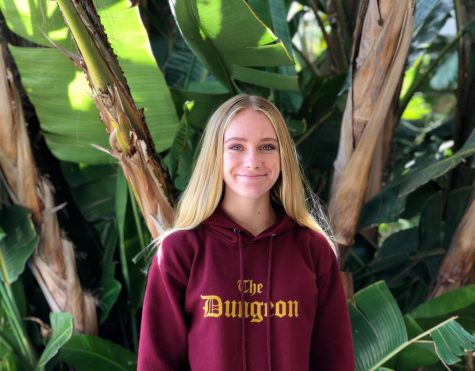
Cate Freundt joined The Tower as a sophomore in the 2019-2020 school year. In her free time she enjoys hanging out with friends, playing soccer and lacrosse,...


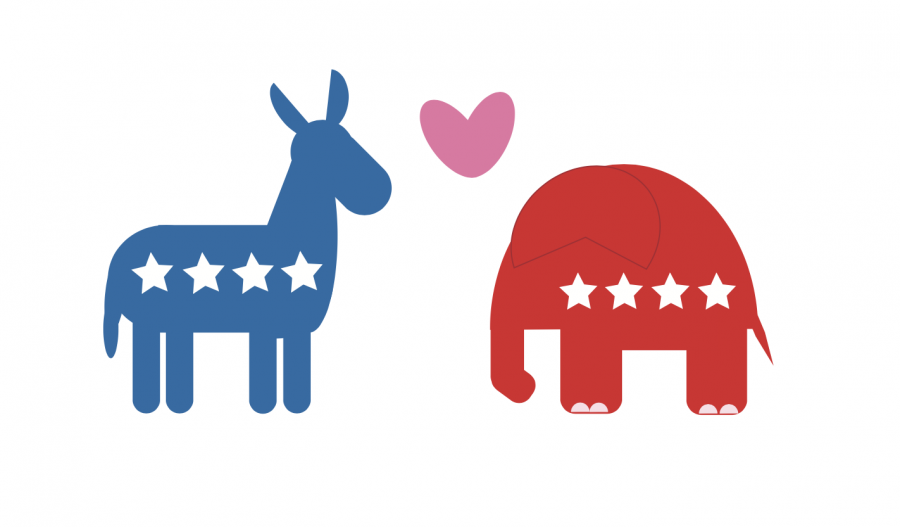

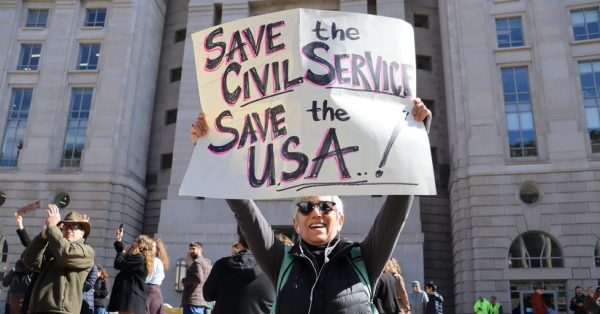
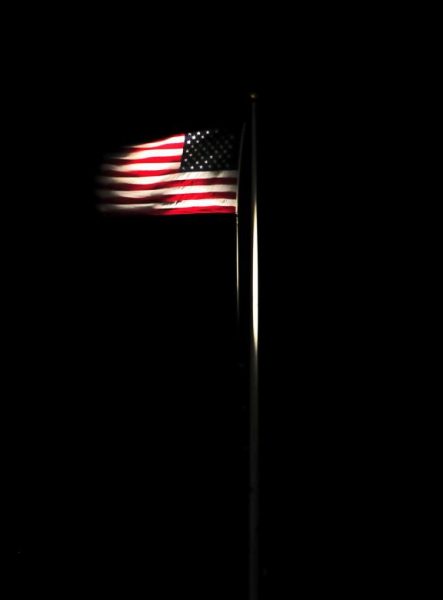
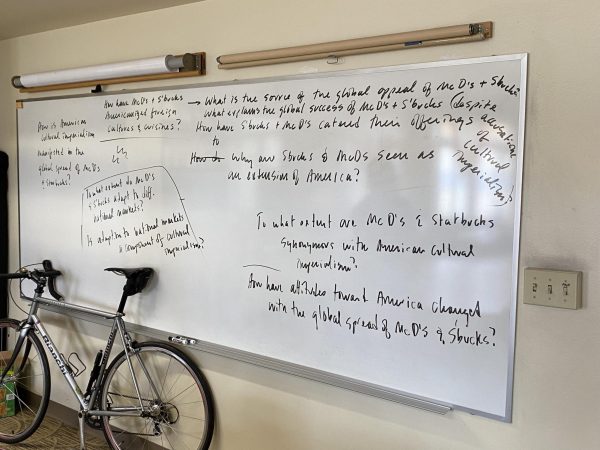
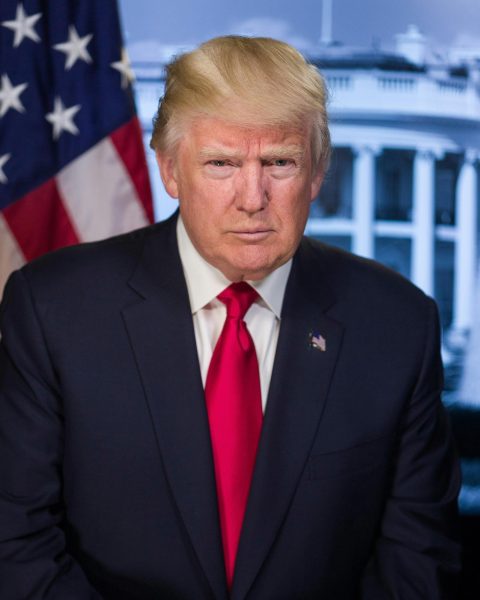
Mrs. Freundt • Nov 19, 2019 at 10:58 AM
Love this sweetie! Good job!